Blog
Can You Get in Trouble for Breaking into Your Own House?
Is it legal for you to break into your own house?




Explore Our Other Blogs
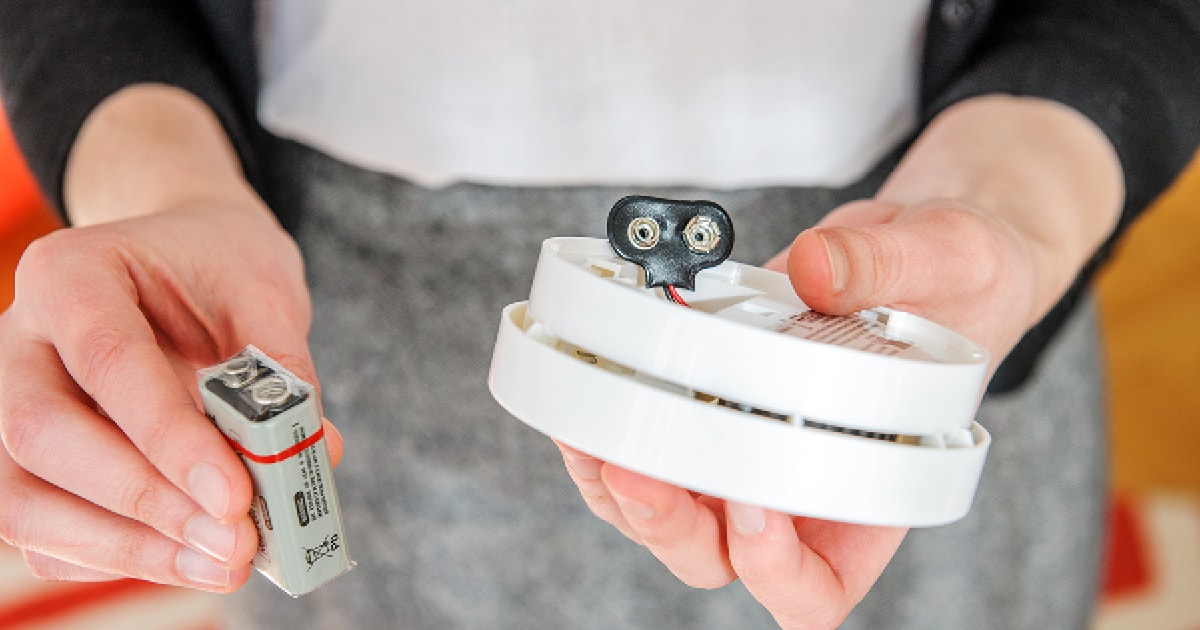
What is the Lifespan of Smoke and Carbon Monoxide Detectors?
As with pretty much everything, your smoke alarm eventually expires. Sensors can become less sensitive over time, making them less adept at doing their job: detecting smoke, carbon monoxide, or potential fires. Replacing the equipment in your fire safety system is important both at home and in your business. We have developed a quick guide…
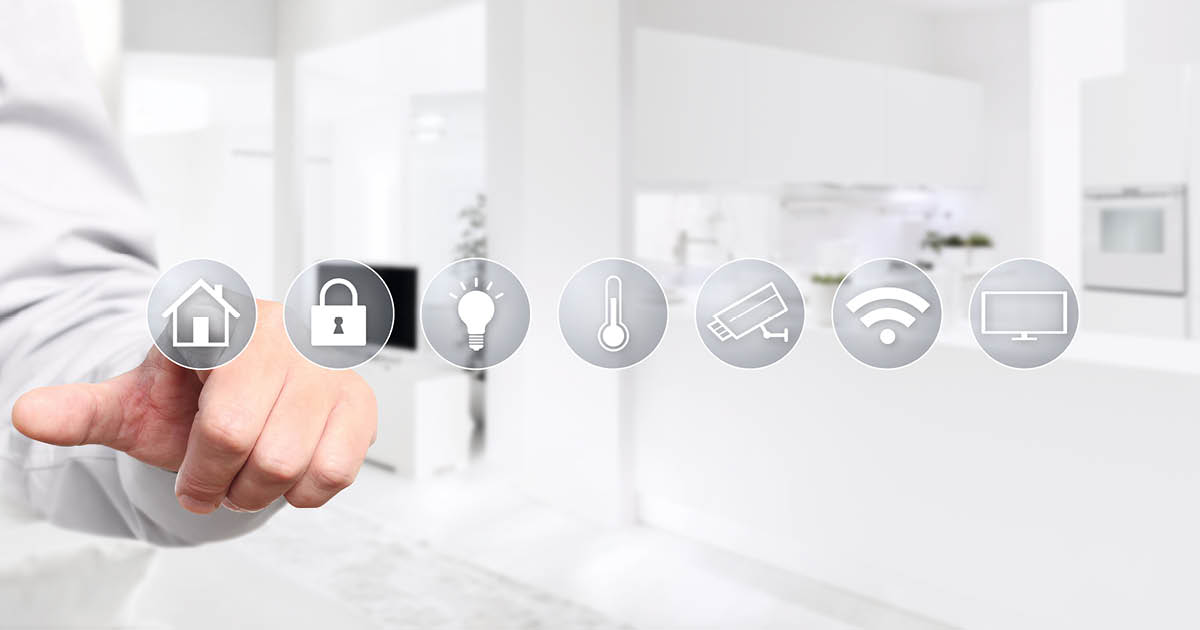
Are All Home Security Systems the Same?
Home security used to be synonymous with burglar alarms, but this is no longer the case. Home security today is not only about protection, but also comfort, convenience, communication, and information. All home security systems never were the same—there were different manufacturers, different types of equipment, and various providers. Today, there are entirely new…
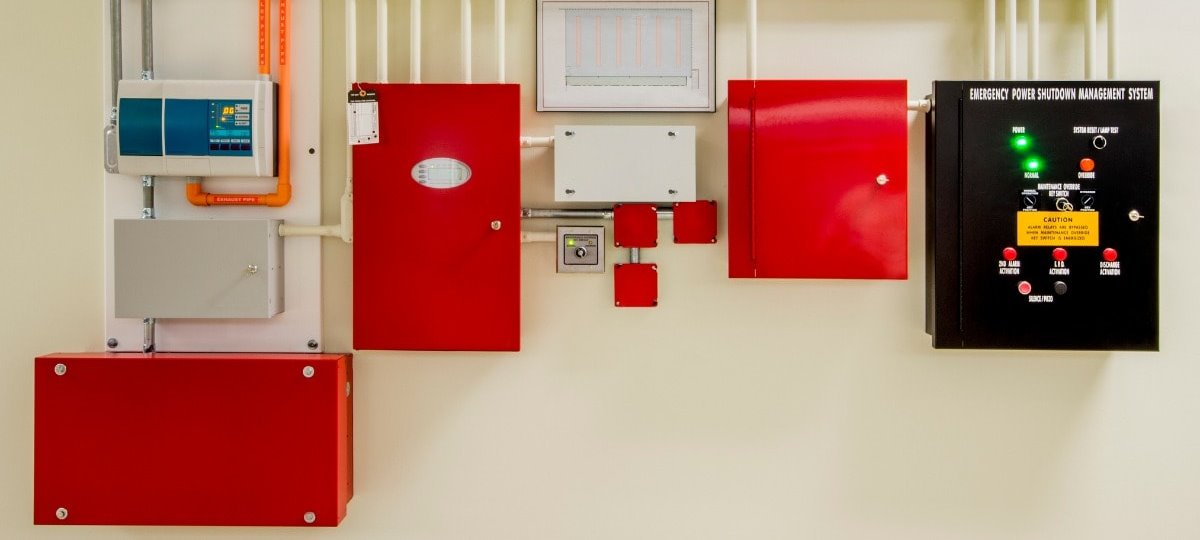
Code Requirements for Commercial Fire Alarms
The International Code Council Assembly: Groups A-1, A-2, A-3, A-4, and A-5 Business: Group B Educational: Group E Factory and industrial: Groups F-1 and F-2 High hazard: Groups H-1, H2, H3, H4, and H5 Institutional: Group I-1, I-2, I-3, and I-4 Mercantile: Group M Residential: Groups R-1, R-2, R-3, and R-4 Storage: Groups S-1 and…
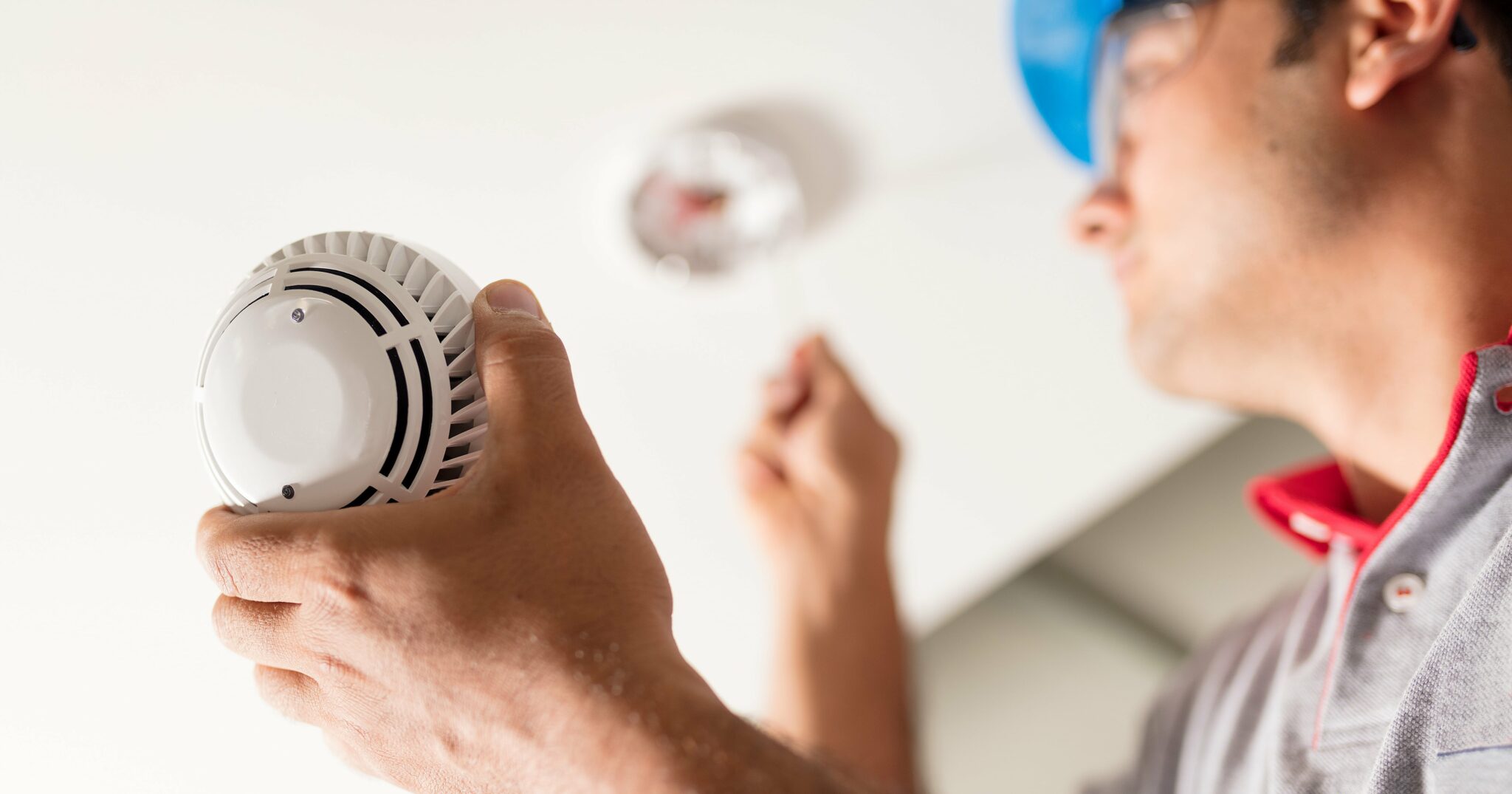
How Often Should You Inspect Your Fire Alarm System?
Everyone dreads the day when fire alarm systems are being tested because they are often loud and annoying. However, the importance of making sure your fire alarms are working properly outweighs the small distraction of lights and noise. Putting off a fire alarm inspection can be both risky and negligent for business owners as it…
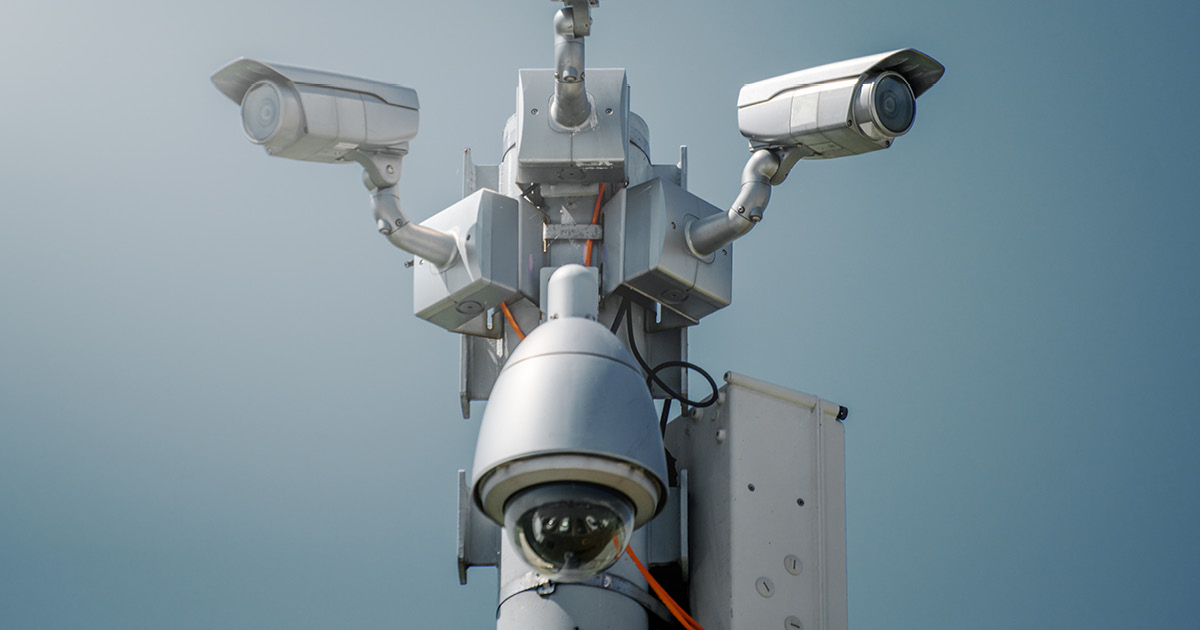
What Are The Different Types of CCTV Cameras?
Your company’s security camera is part of a closed-circuit television system (CCTV). CCTV uses one or more cameras, through either wireless or wired transmission, to send the broadcast from the camera directly to a monitor, set of monitors, or a recording device—providing you peace of mind in the case of crime, fire, theft, or accidents…

What Is a Central Station Alarm?
A central station alarm system is one that feeds directly into a central monitoring station. If a sensor on the central station alarm system is triggered, such as fire, smoke, C02, or burglar, the system does much more than just set off a loud siren or send an email alert telling you to log into…
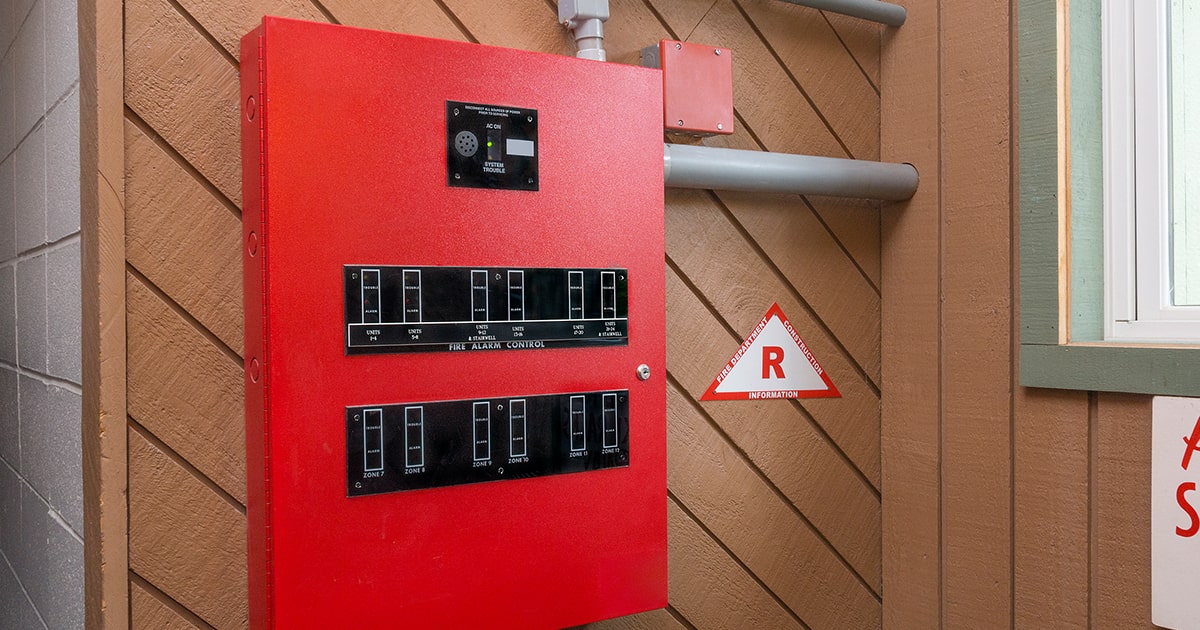
What Are Fire Alarm System Zones?
Fire alarm zones are standard in conventional fire panels. Each zone represents a different area in the building to help firefighters and professionals pinpoint the source of an alarm. However, it can be confusing to research fire alarm zones because they are not as common as they once were. Conventional and addressable systems handle communication for fire…

How Do Wireless Doorbells Work?
A doorbell is a pretty self-explanatory tool—you press the button outside, and a chime goes off inside, alerting the homeowner that someone is at the front door. Like everything else, though, today’s technology has brought even the humble doorbell into the limelight as an indispensable tool for convenience and security. Pros and Cons of Wireless…
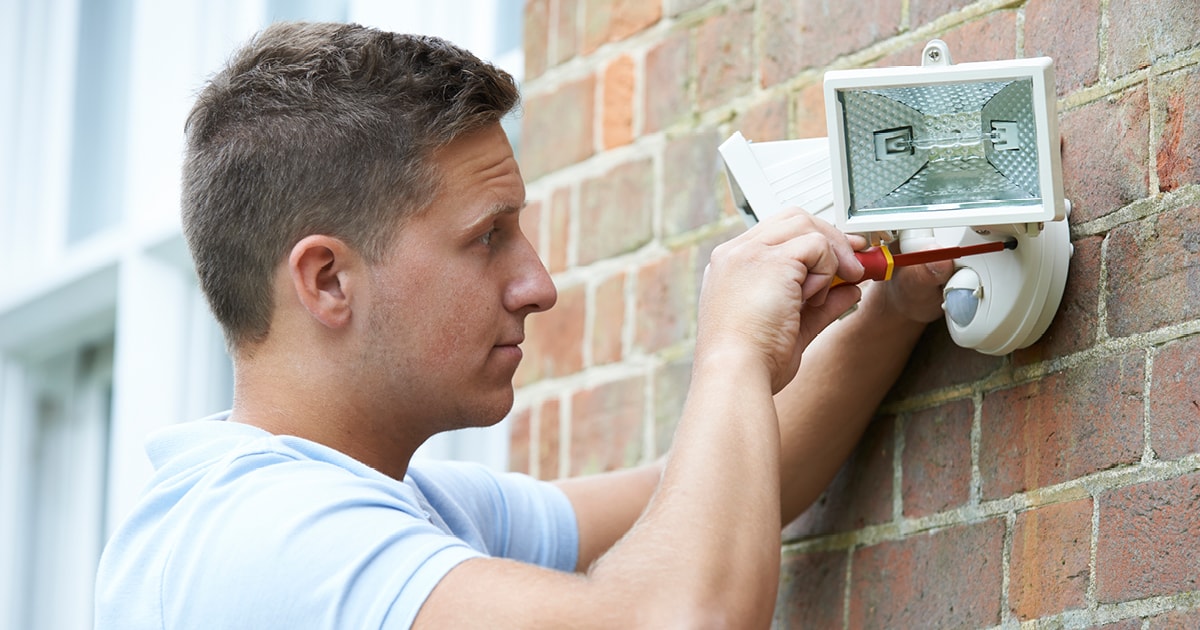
3 Types of Security Lights
Your security system is only useful if you can see what is going on when you can’t be there. This also means that when it gets dark, your cameras need to be able to capture the image clearly. To do this past dusk will require that you set up security lighting. Additionally, check out the…

Ins and Outs of Contract vs No Contract Security Systems
Many people see signing a long-term contract with a reputable alarm company as a stressful experience. In truth, contracts are in place to benefit both the alarm company and the homeowner. Developing a relationship and signing a long-term commitment to a security company allows you to get to know a team and benefit from the peace of mind that…